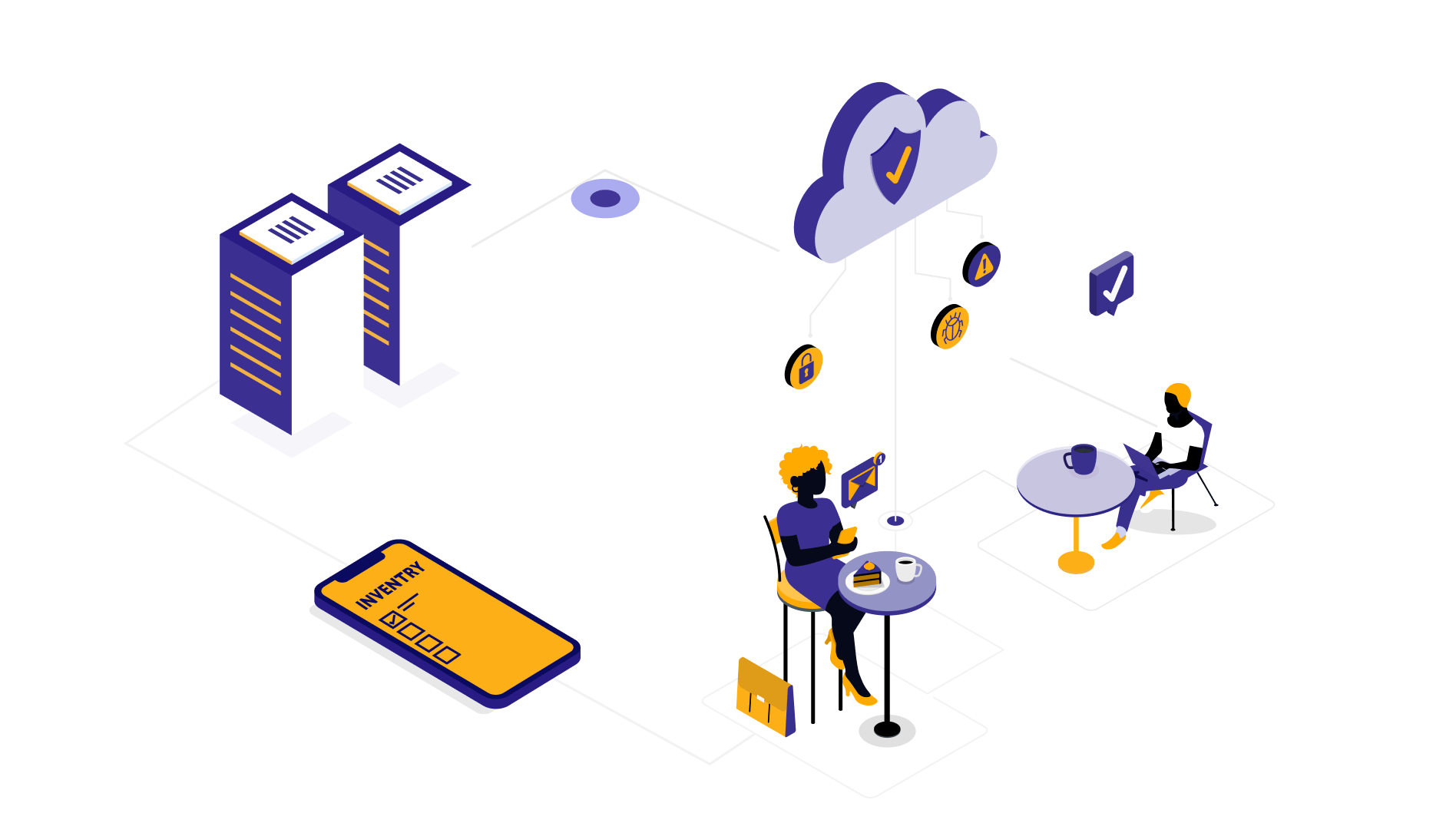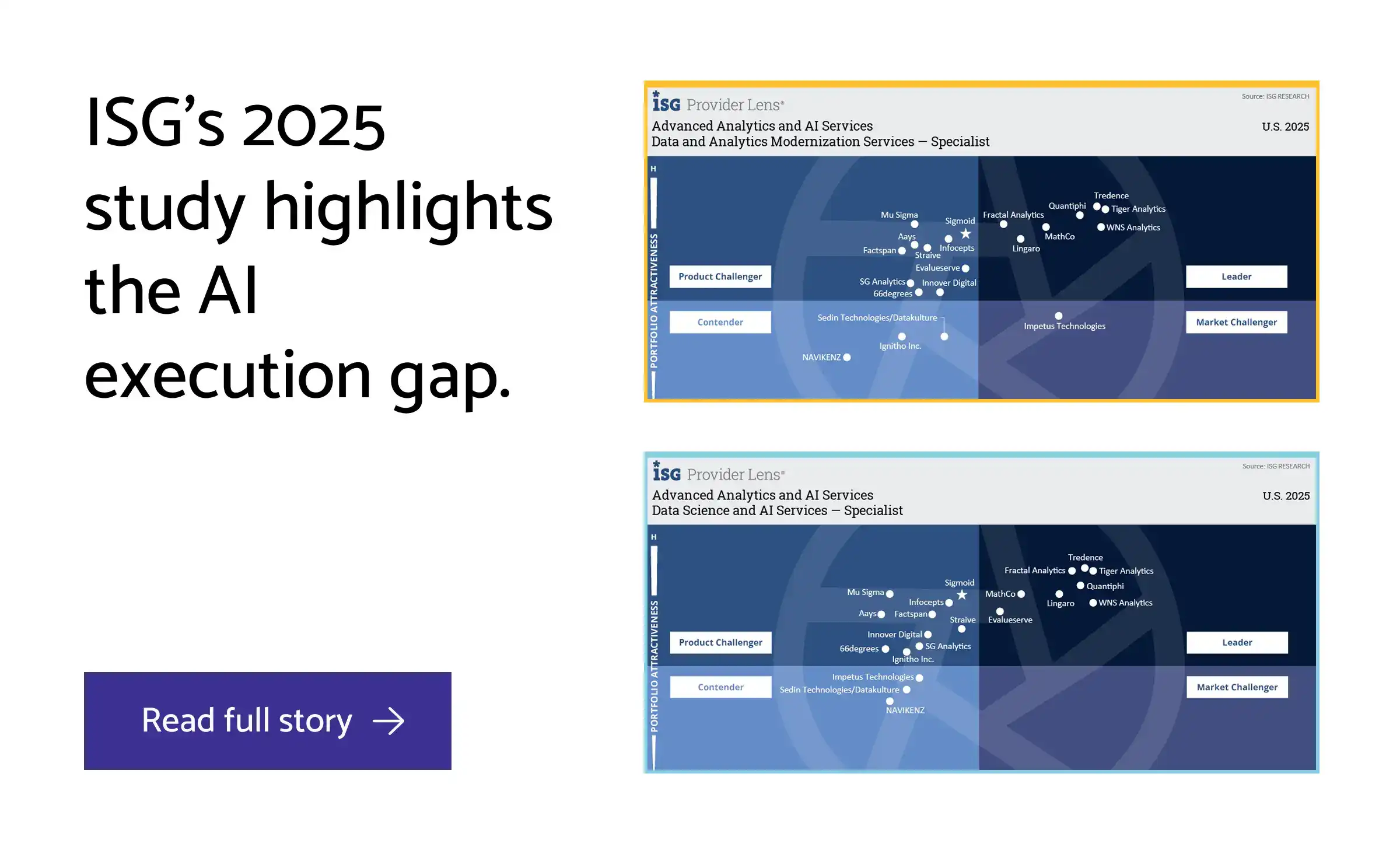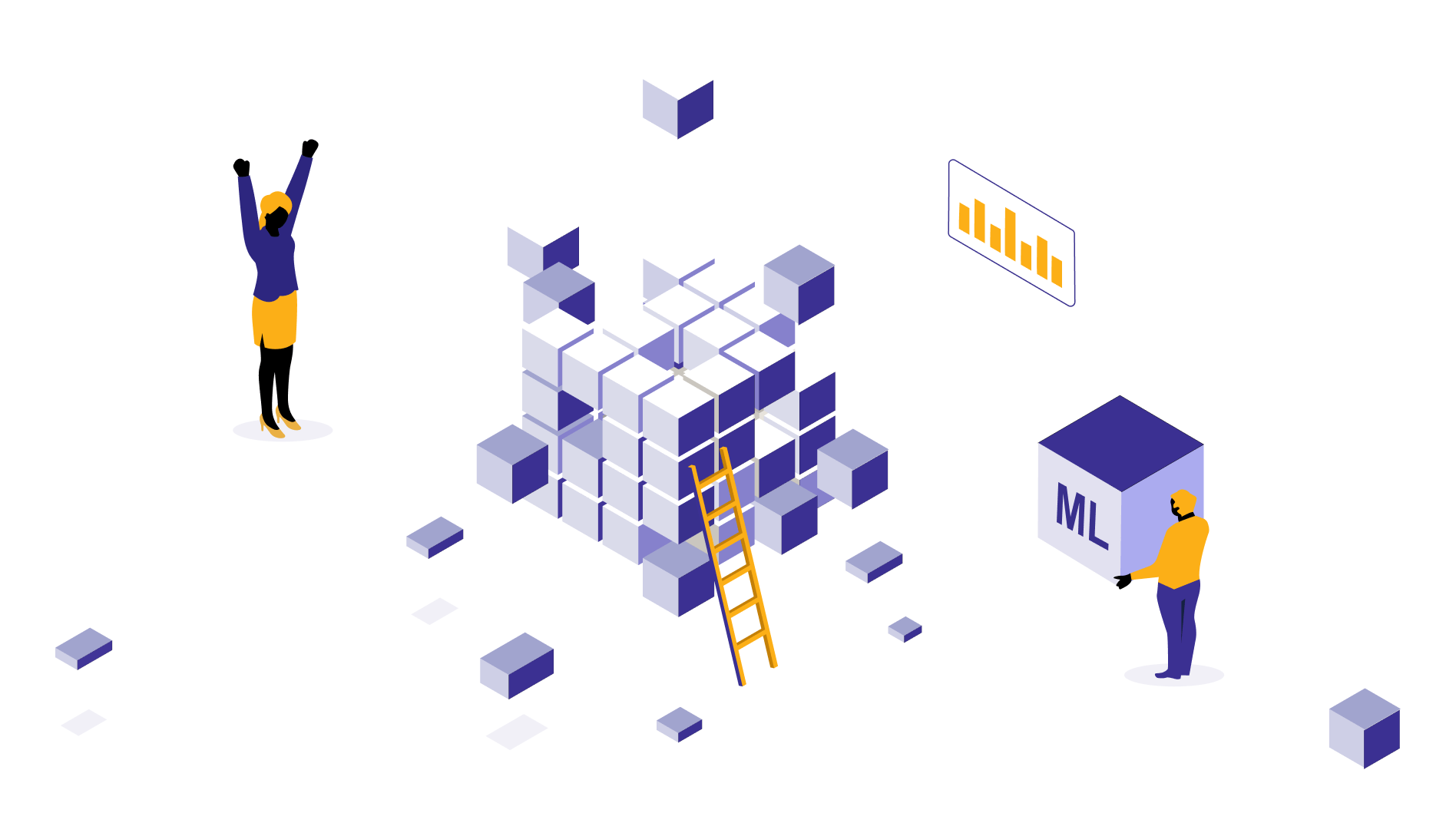Cloud computing in retail: Use cases explained with examples
Why should your growing retail business consider moving to a cloud infrastructure? Besides scalability and cost, how can it help you shape customer experiences? Run through the blog to lay a solid, unfailing foundation for this unstoppable growth.

Suresh
April 30, 2024 |
5 mins

6 reasons why should retail industry should move to cloud computing
Of all the industries, retail is the one that requires a radical shift in the way they operate. The pace has changed particularly after the Covid-19 era, making retail CIOs change gears and prioritize innovation. This also includes cloud investments, which give them greater stability and flexibility in adapting to the industry's fleeting trends along with the following benefits.
Inventory management
A retail company having branches in different states or countries can manage their data together and sync any changes in real-time. This means you can manage entire data from one place, generate insights, and make timely decisions. Run detailed and granular analytics on product, store, or location levels so you can predict future demands based on past data. Not only that, you can use cloud-based real-time data to unravel inventory requirements, optimize storage, and serve what customers want, without running out of stock or overstocking products that might be a fading trend. Cloud storage systems promise reliability which ensures consistent and prompt insights. A factor that makes large retailers like Target manage fluctuating demands and heavy analytics requirements while running continuous data experiments.
Besides, you don’t have to visit warehouses to measure livestock counts. Rather, you can remotely manage all of them despite being in different locations. This is how cloud computing changes the retail industry’s business processes, making them more smooth, efficient, and adaptable.
Product recommendation
The product recommender engine analyzes customers’ past purchases and suggests them products they likely buy. These recommenders are not only for eCommerce but for the retail industry as well. Think of every messaging, email, and digital campaign you run. It requires lots of customer purchase data in reliable and accessible conditions.
It isn’t easy to run these campaigns as they require data from multiple sources. However, cloud computing makes it easier to fuel recommendation engines and run multiple campaigns simultaneously at faster speeds. There are cloud tools available for this very purpose - running multi-channel campaigns, performing A/B testing, and honing outcomes with every attempt.
Delightful customer experiences are another benefit of this. Your customer gets frequent personalized engagement from you, keeping them hooked to your brand. They are happy and loyal while you can enjoy long-lasting and profitable relationships.
Enhanced data security
Every retail company owns tons of sensitive customer data and is obligated to many legal and compliance requirements. On top of that, data privacy, theft, and hacking issues are at an all-time high.
This raises the question of data security and protecting it within premises but without an on-premise setup.
Though on-premise is generally deemed to be the safe option, it can increase the expenses, given the growing geographical presence of retail businesses and the scalability they require.
Cloud computing in retail works as a suitable solution that addresses both scalability and security issues. It’s comparatively safe for sensitive data, allowing secure operations, intelligence, and AI initiatives. Modern cloud providers tackle data security concerns with the help of cloud firewalls, keeping your data secure and compliant.
Transparent supply chain and transportation
Transparency is a crucial metric for retail businesses to thrive as there are multiple stakeholders and operating areas involved. Otherwise, it’s just a bunch of mortar and brick stores operating on their own norms. From how products are made and transported to how it’s stored and sold, the whole cycle needs transparency for higher value extraction.
There is hope though. 2022 research from Accenture states cloud computing as one of the boosting factors in the supply chain. More than 40% of participants have agreed that it brings visibility into their supply chain operations.
With clear data management, you can take care of the end-to-end supply chain and even automate that process. Here is how it works. Generate demand forecasts, check inventory levels across different warehouses, place relevant vendor orders, and track transportation to warehouses, and then to stores. Cloud-based systems bring visibility and agility into this process from start to end, preventing any loss, vendor disputes, stocking issues, or unexpected delays.
Data disaster management
Other than higher operational efficiency, cloud computing in retail also helps with data recovery and disaster management. Your data will not be subjected to any physical damage, recovery, or backup issues. Whether it rains or shines, your business will continue operating, allowing you to conduct last-mile data experiments.
For this very reason, many retail businesses operate in hybrid environments, backing up essential data on the cloud. Accessing this data is quite easy and fast, compared to traditional, on-premise backup data.
Cost management
It’s baffling to say which can be more expensive - cloud or on-premise. It’s rather about the kind of business you run, your compliance needs, how your data is stored and accessed, your long-term strategies, and many other factors.
Check here for a detailed cost breakdown of on-premise and cloud warehousing.
Though cloud computing is a recurring expense, it’s suitable for retail businesses that very much require centralized data management.
You must be wary of how much capacity you use, load balancing, resource allocation, and accounts management and track them. Review cloud bills constantly to see and fix any spike in costs, hidden fees, etc. Companies like Walmart whose cloud bills can be in millions of dollars use strategies like the multi-cloud setup to optimize their spending. Such strategies help you find the best provider and re-route your load to utilize the most value for your investments and pay only for what you need and use.
This cost-effectiveness is one of the major reasons why the retail industry is moving towards cloud computing.
Summing up everything
Cloud computing is already used in the retail industry to manage data storage, run predictive analytics, and fuel marketing campaigns. One retail example would be Amazon which uses its own cloud services AWS, to manage changing demands and run effective real-time analytics.
With plenty of AI use cases in retail industry, getting started with cloud services is the first step to having your foundation sorted.
Whether you are about to move to a hybrid or entire cloud setup for your retail business, or looking for reliable cloud service providers, start with the right place and pace. At datakulture, you will have data and cloud architects to guide you through the entire migration process, setting the foundation for building AI strategy for business. Knowing one-size-doesn’t-fit-all, we will suggest and implement what works best for your business, from choosing the provider to mapping a cost-effective plan. It all starts with gaining awareness of the options available. Get started with an introductory call with our data experts here.

by Suresh
Suresh, the data architect at datakulture, is our senior solution architect and data engineering lead, who brings over 9 years of deep expertise in designing and delivering data warehouse and engineering solutions. He is also a Certified Fabric Analytics Engineer Associate, who plays a major role in making us one of the early adopters of Fabric. He writes in words whatever he delivers with precision to his clients, consistently voicing out trends and recent happenings in the data engineering sector.



